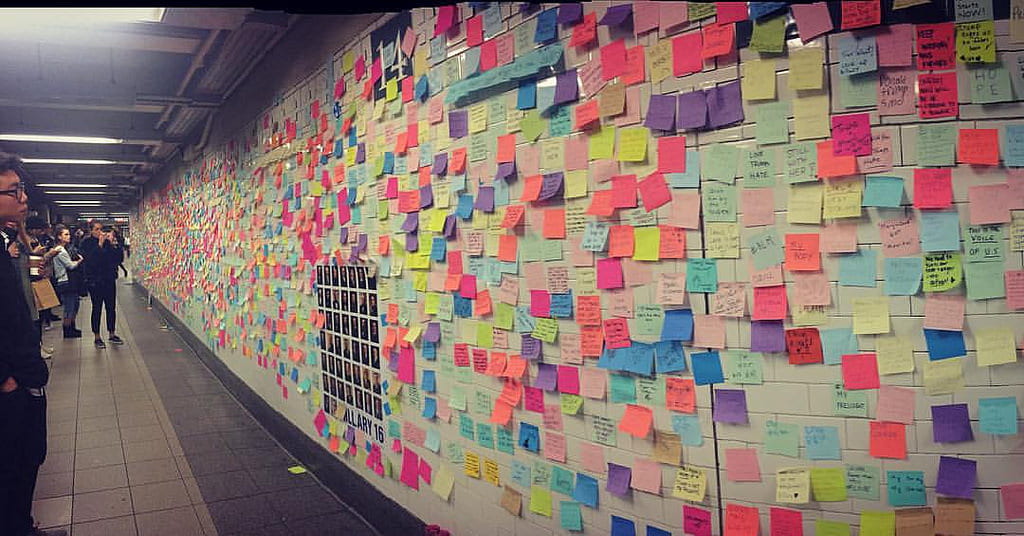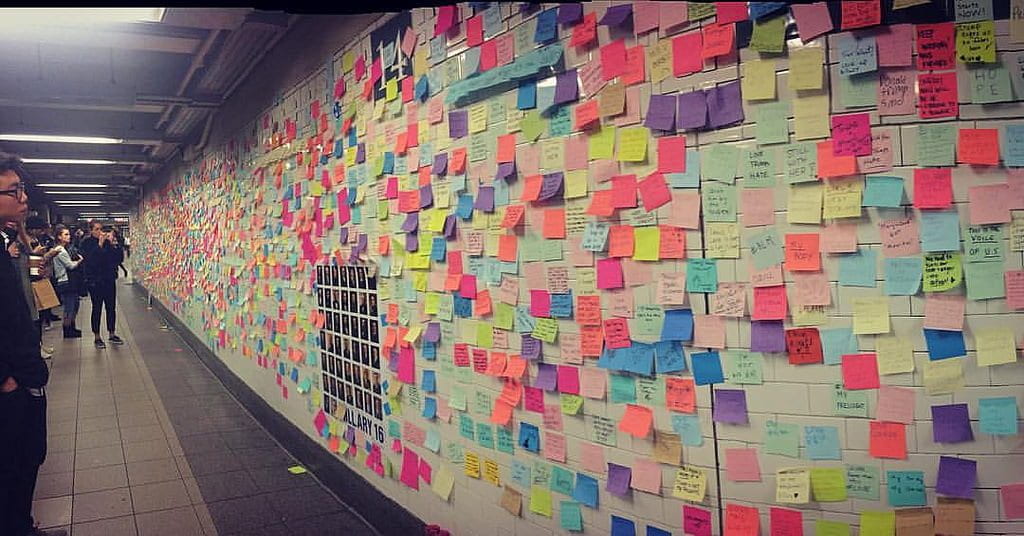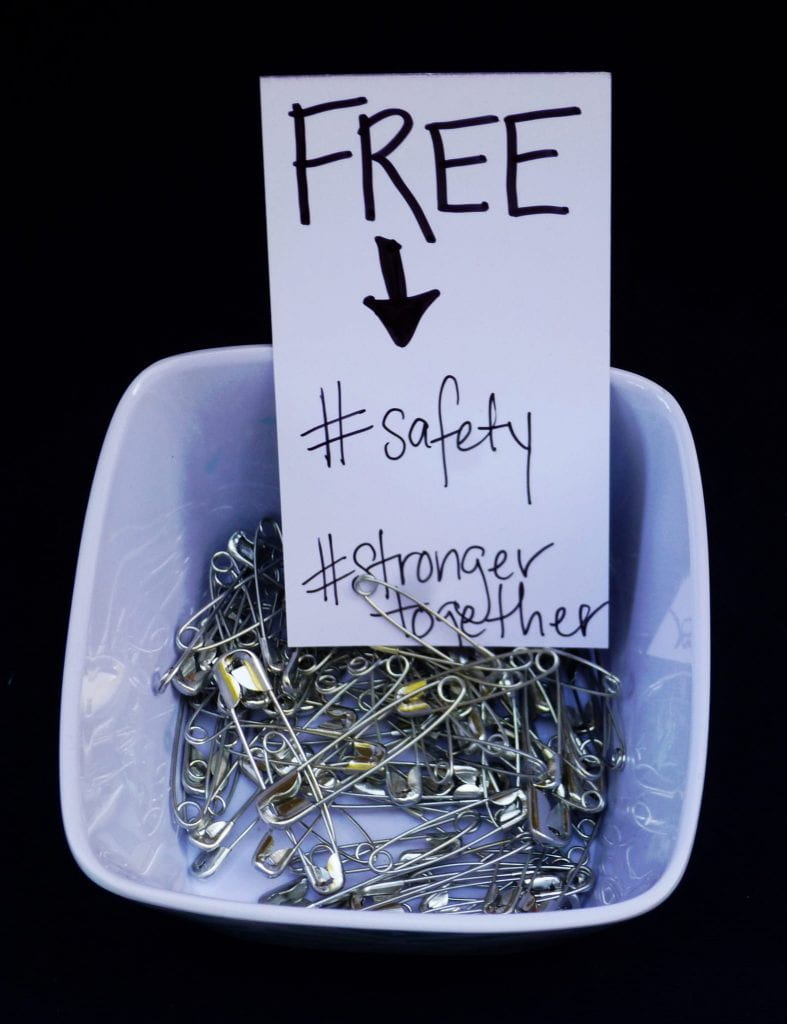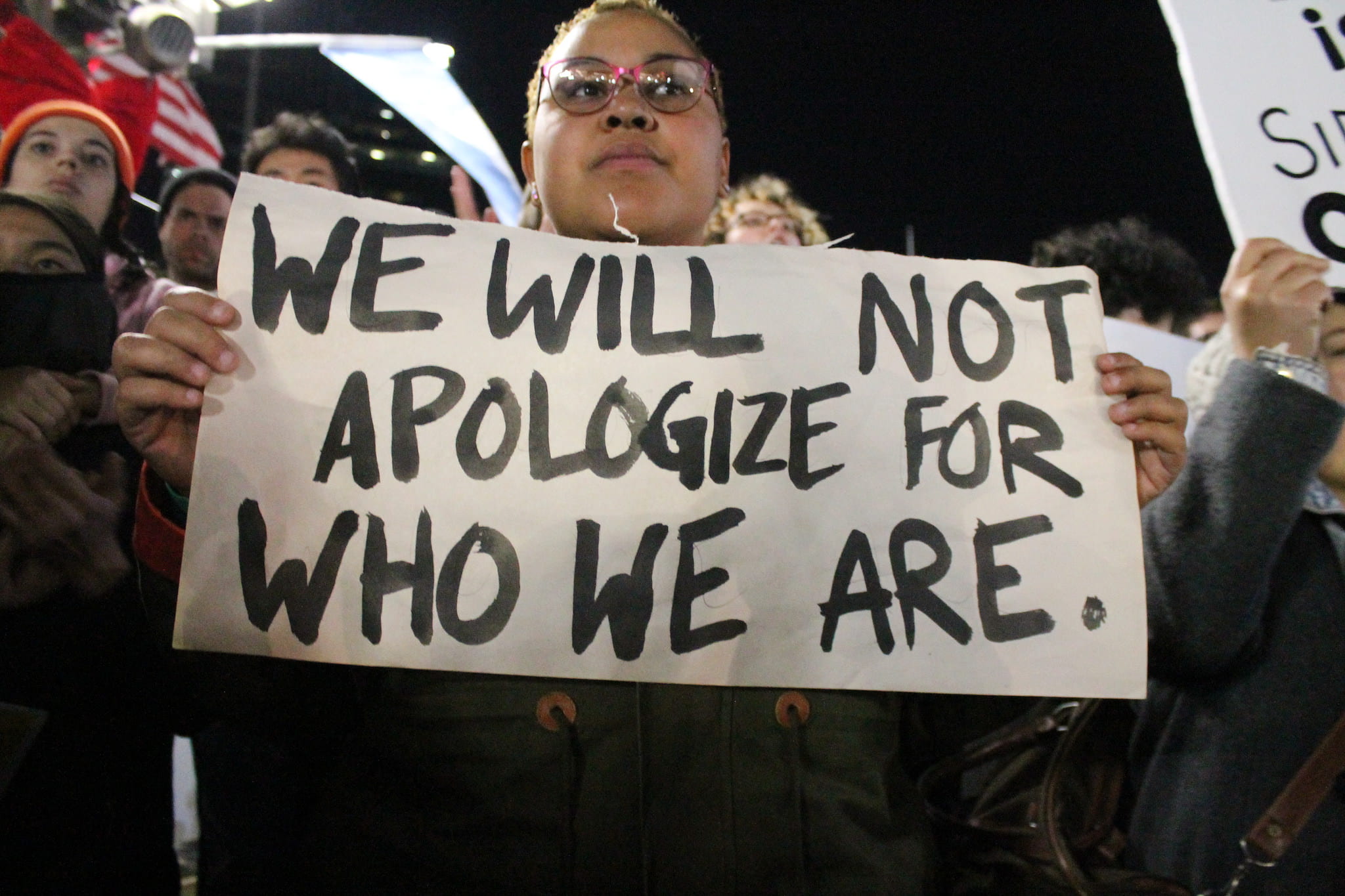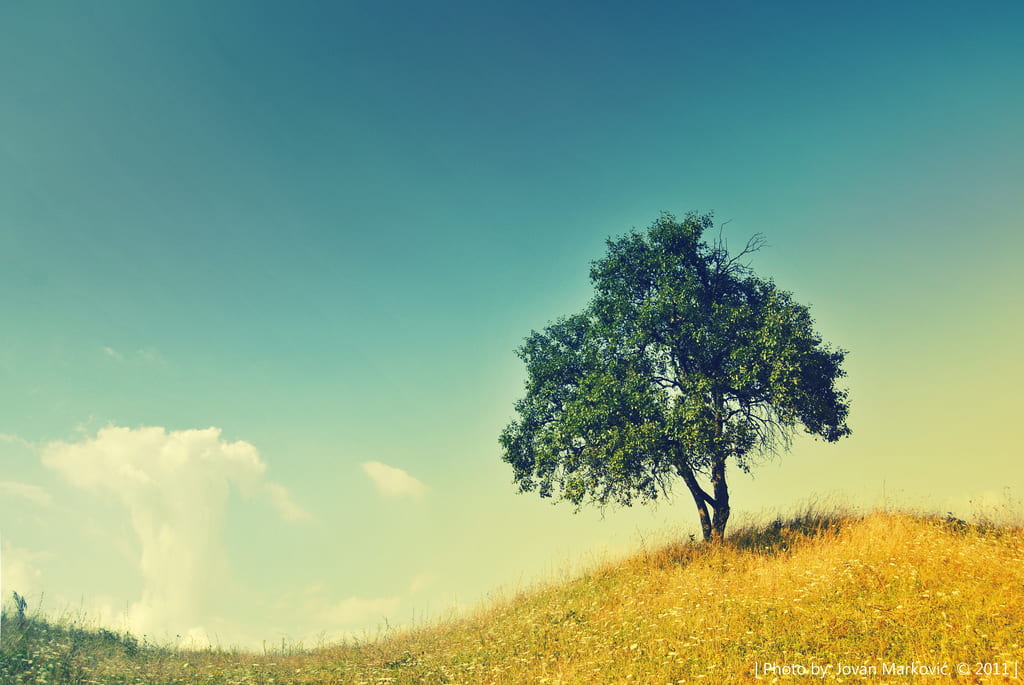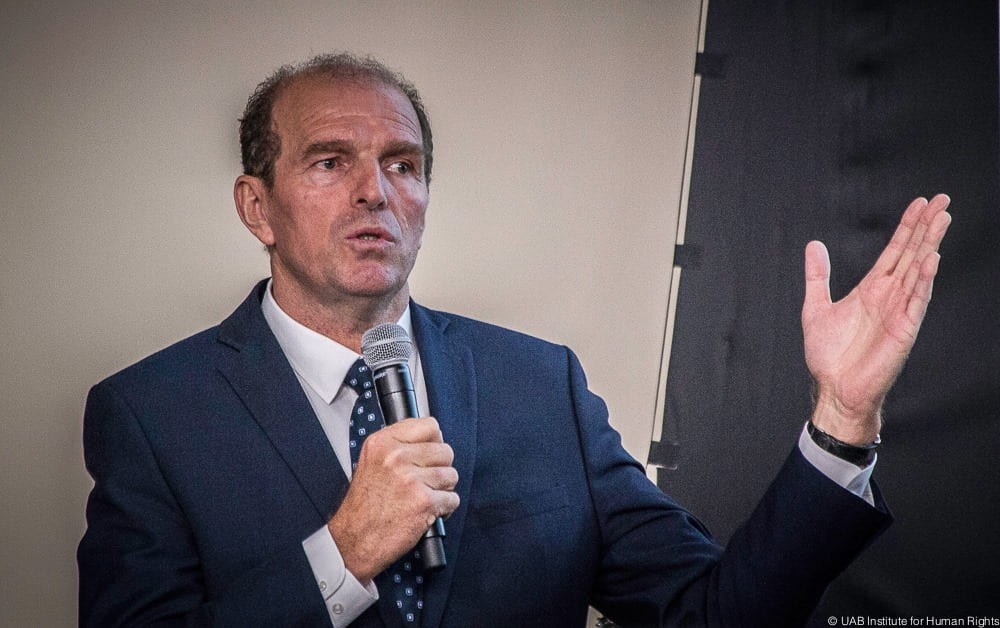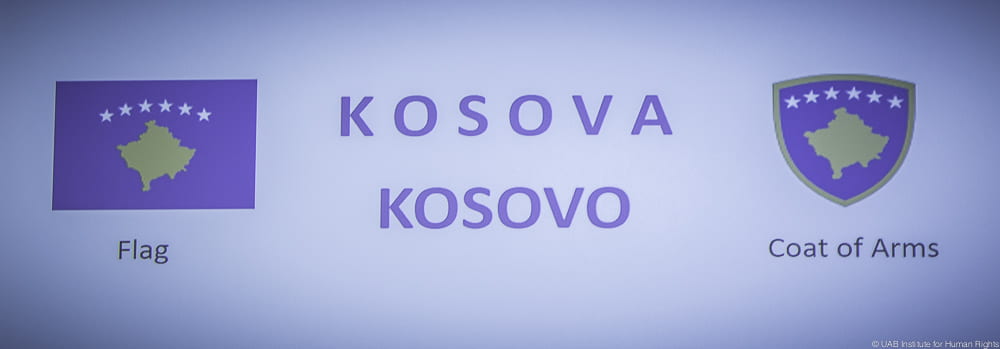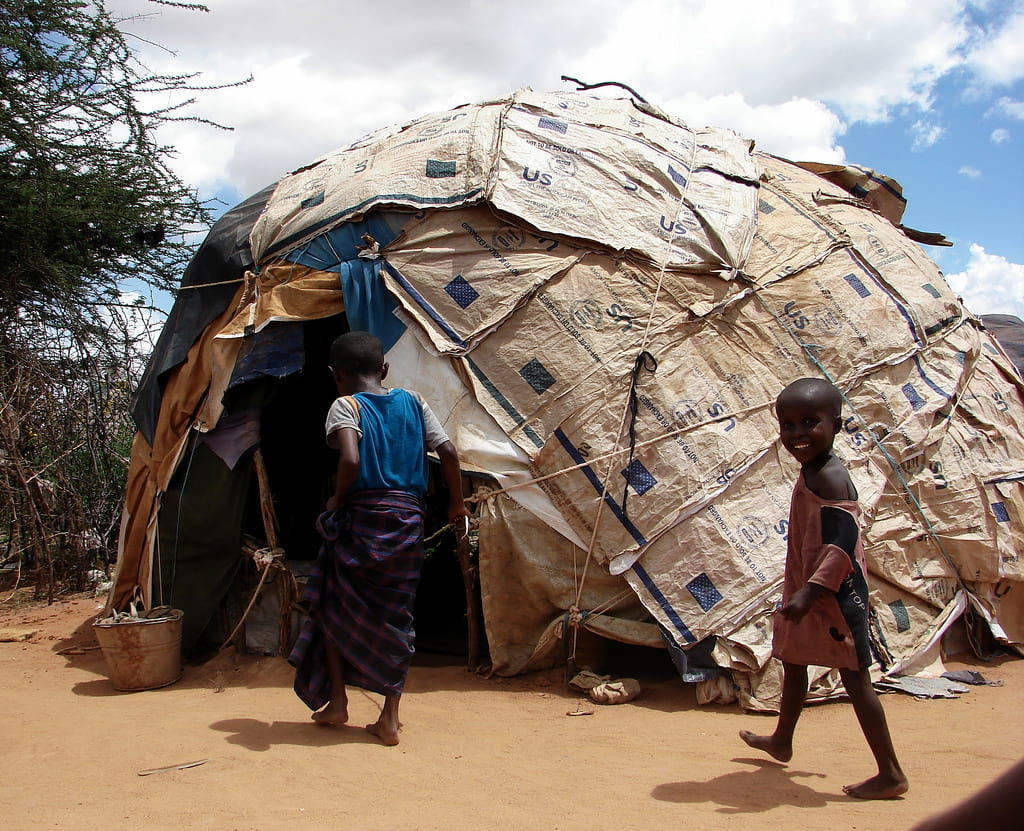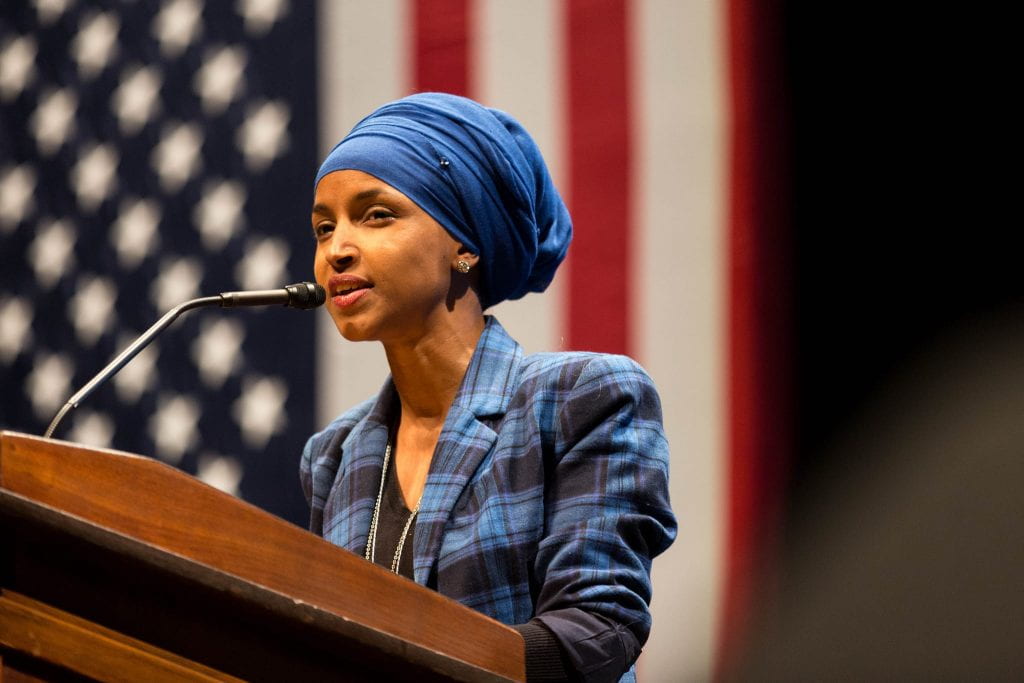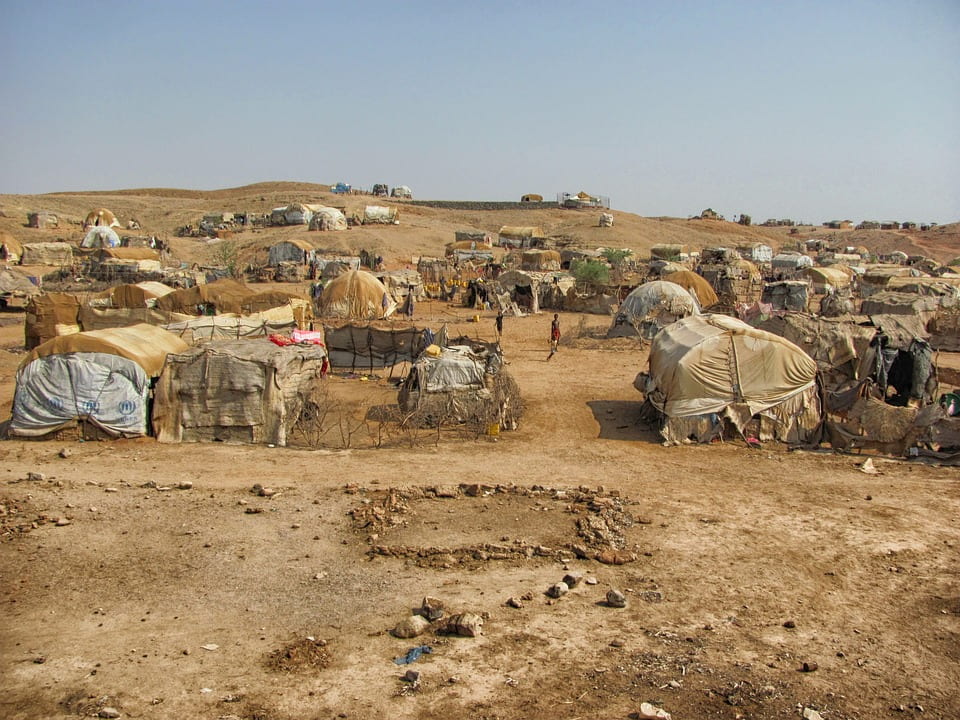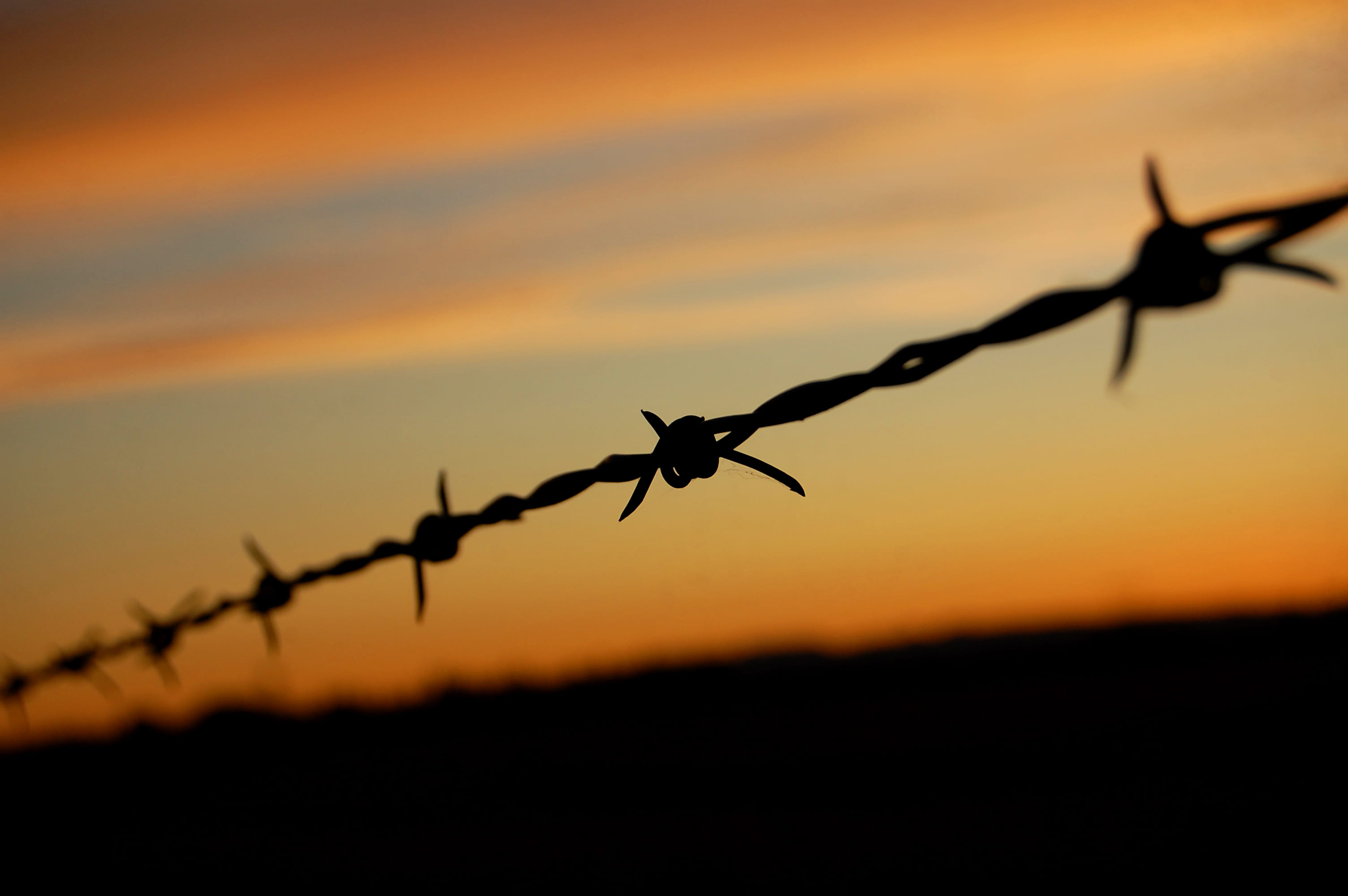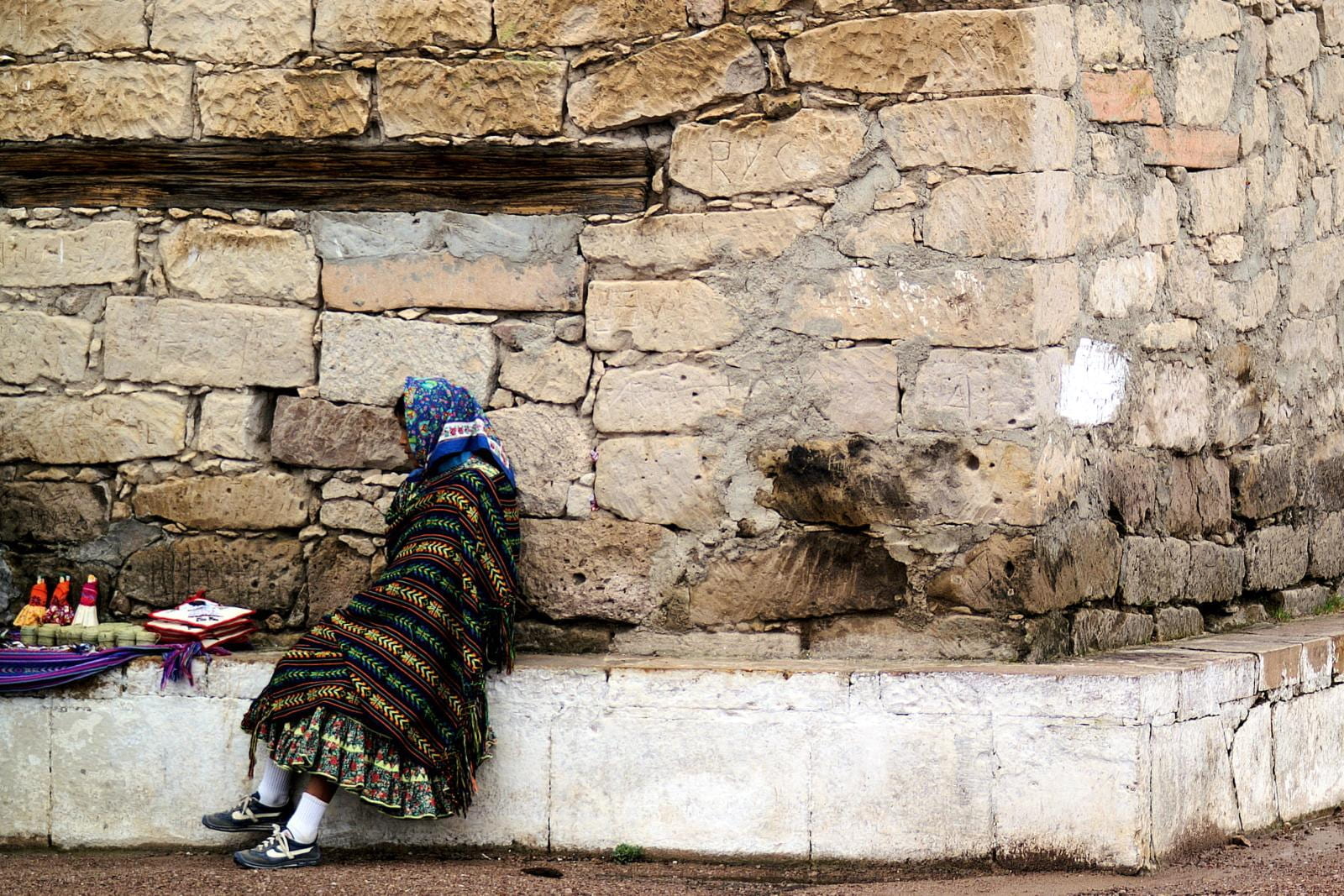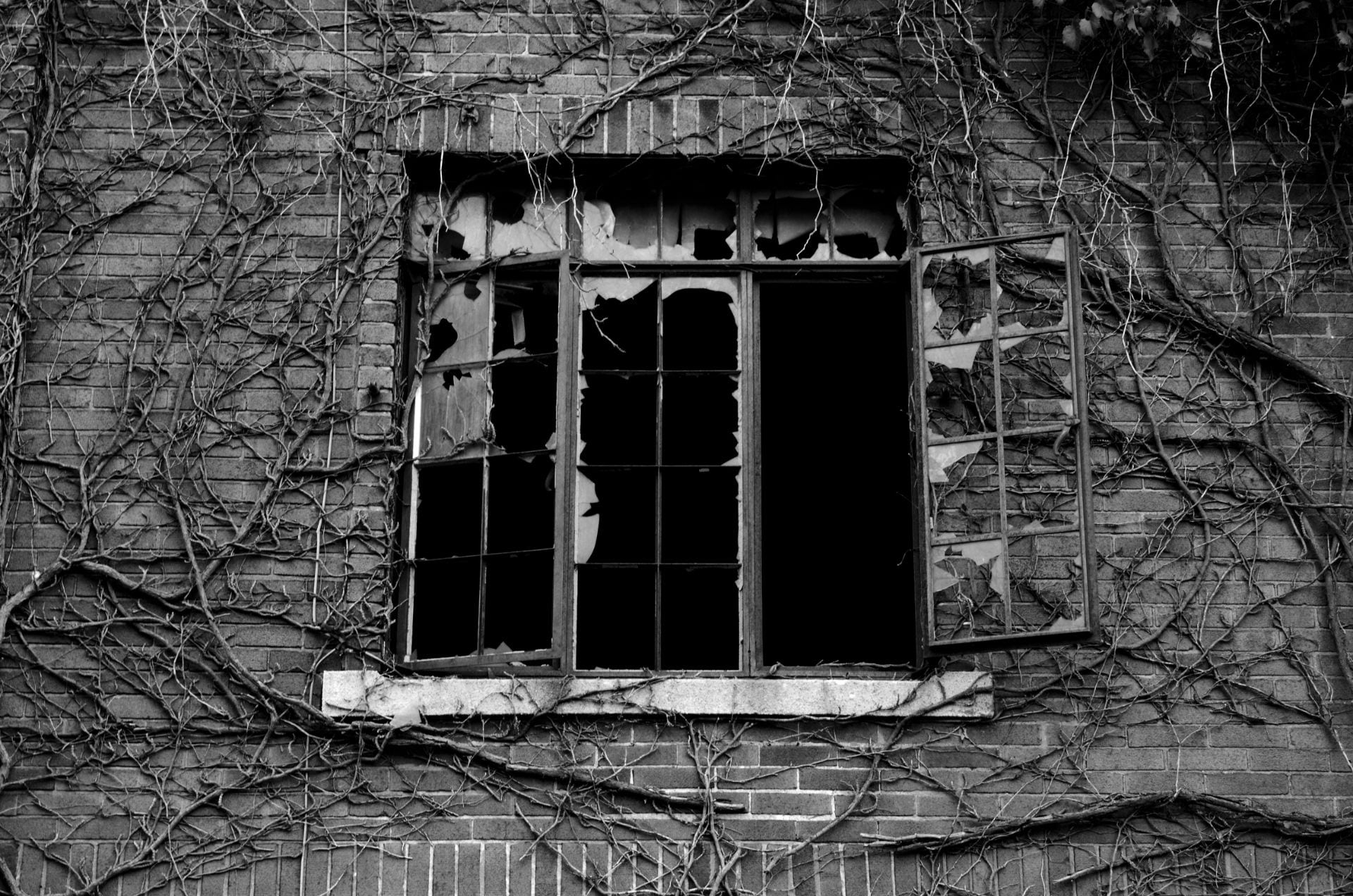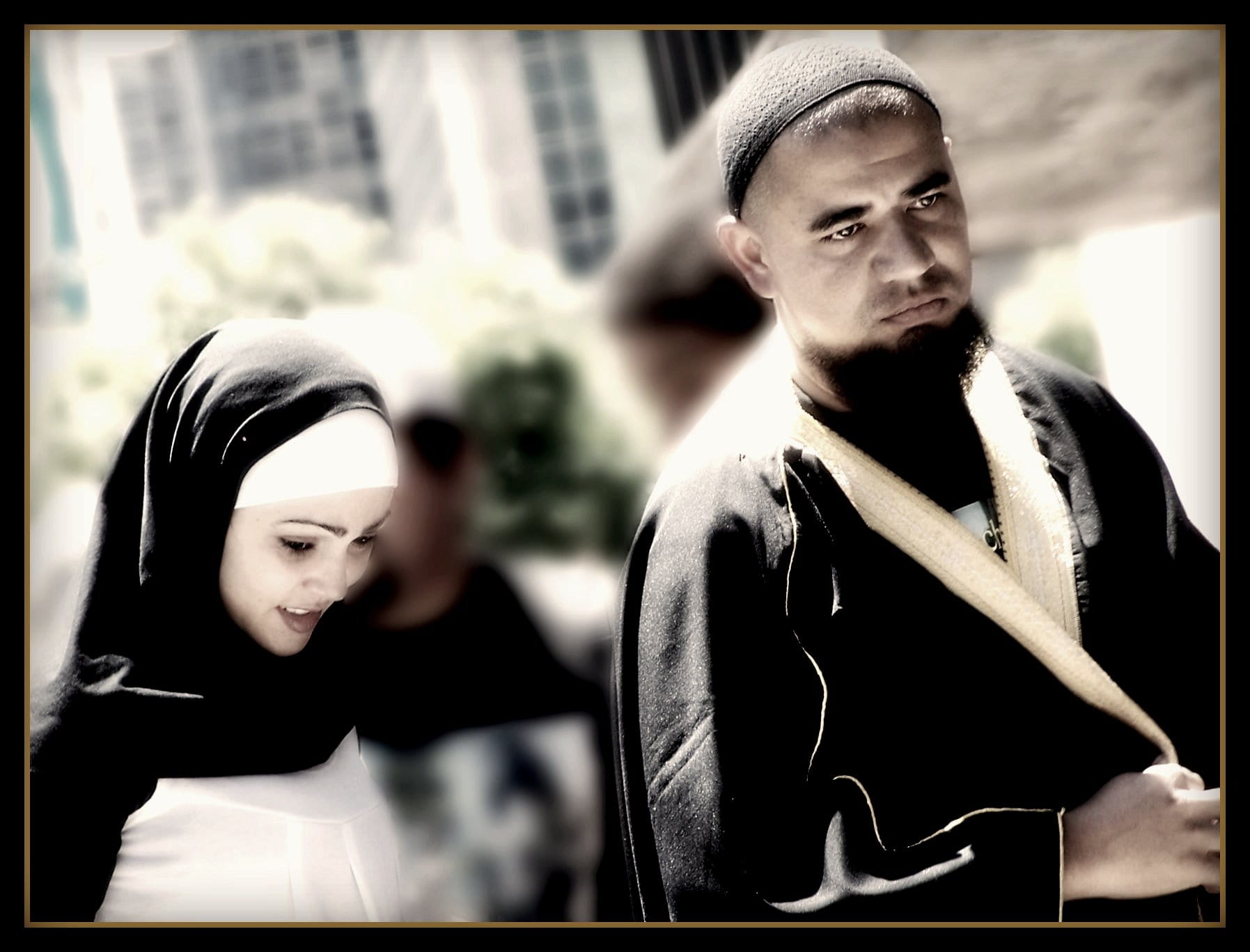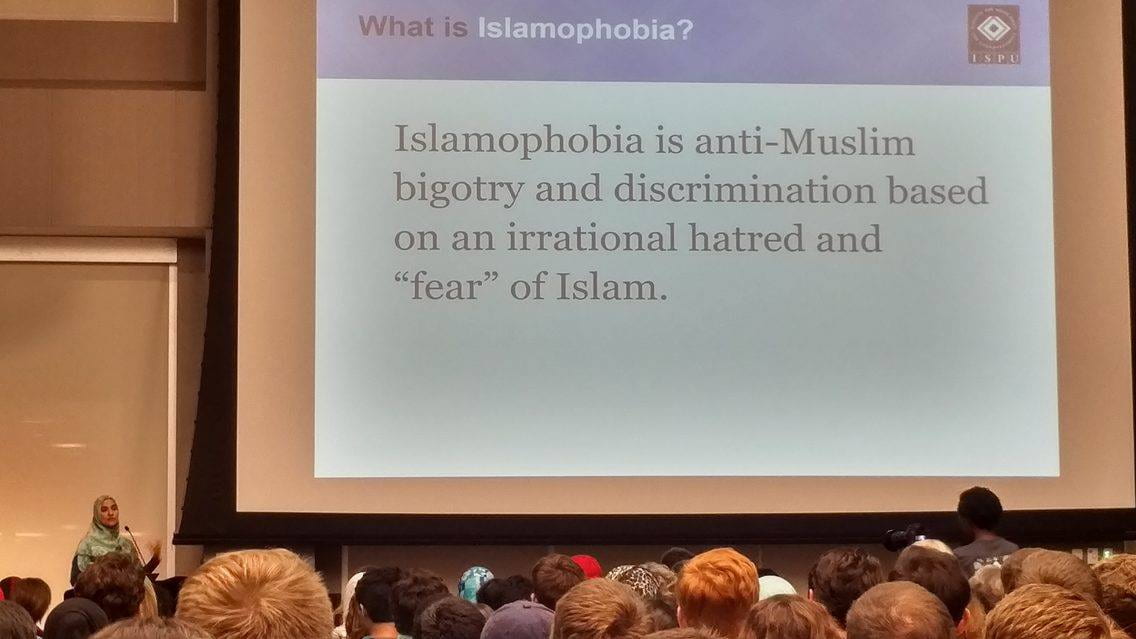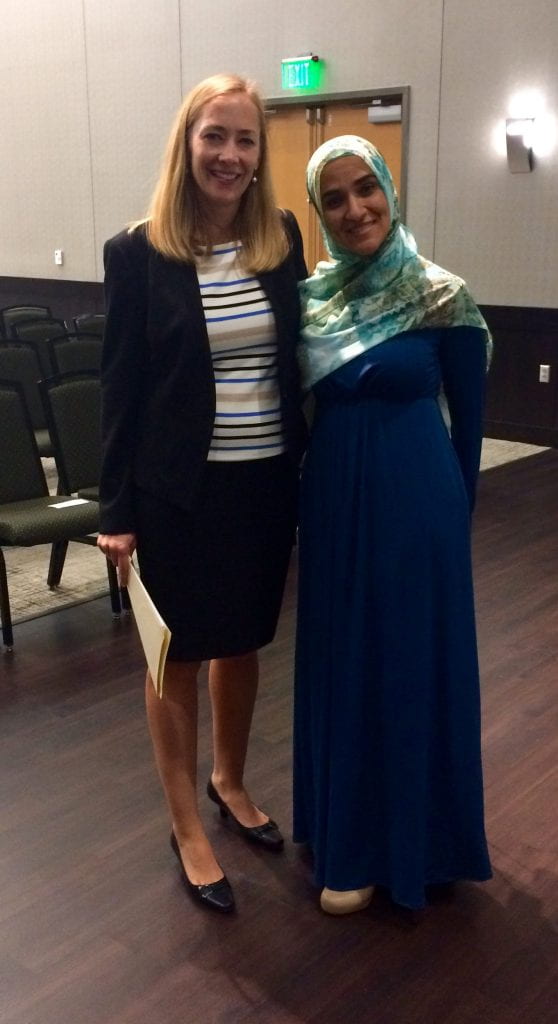The Internet is a veritable minefield of content for women. For adolescent girls, as they begin to explore their freedom and independence, this boundless online environment contributes to their ability to educate themselves on women’s rights earlier than ever before. Online articles on topics from personal health to social change grant a generation of young girls access to an increased knowledge base for advocacy and protection. The Internet also empowers adult women through professional education, resources for help in dangerous situations, and access to communities that may be inaccessible in their areas. The United Nations’ Guidelines on Women’s Empowerment states, “‘Advancing gender equality and equity and the empowerment of women, and the elimination of all kinds of violence against women, and ensuring women’s ability to control their own fertility … are priority objectives of the international community’.” Empowerment at any age is vital to women in a time where sexism is still very much alive. In communities that may be lack gender equality, girls can find ways to adapt and thrive.
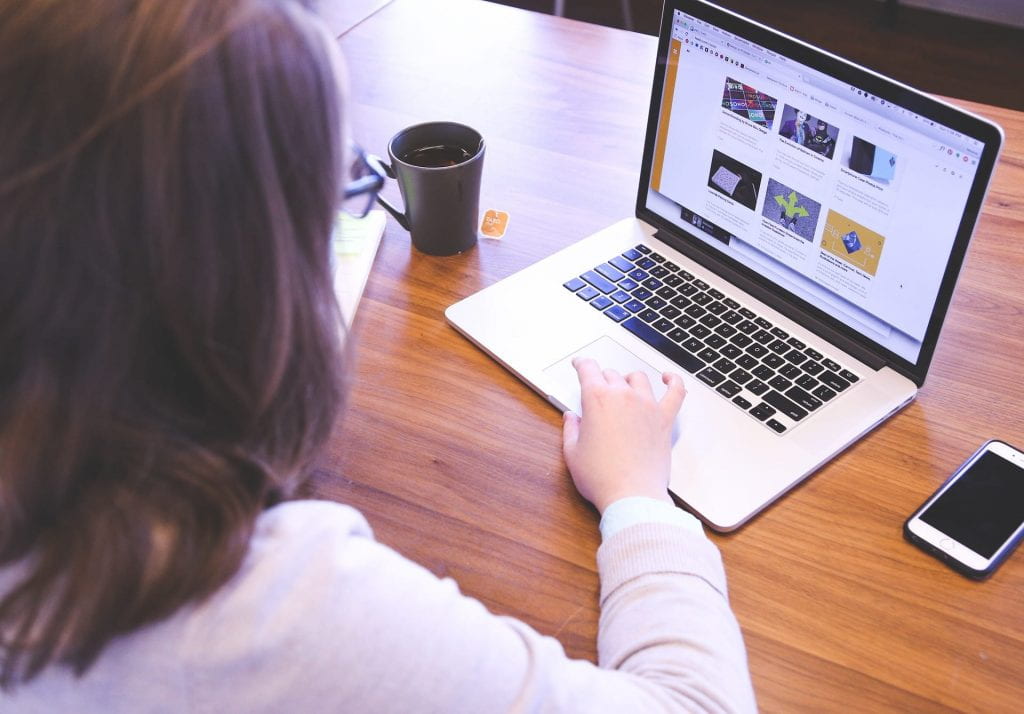
The internet equips adolescent girls with accurate information about puberty, sexual health, and reproduction in cultures where discussing reproductive health is forbidden. Menstruation, a taboo topic in many cultures, is often punishable by death. In Nepal, a practice called “chaupadi” has resulted in the deaths of many young women. Though outlawed, the practice involves banishing menstruating girls from their homes because they are viewed as “impure and treated as untouchable,” according to the New York Times. Forced to live in tiny, poorly constructed sheds for the duration of their menstrual cycle, girls often die from animal attacks, exposure, or suffocation from lighting a fire without proper ventilation.
In an example more familiar to Americans, Donald Trump recently commented on a female reporter by saying, “You could see there was blood coming out of her eyes, blood coming out of her wherever.” Though he later claimed that he was referring to her nose, the implication that periods contribute to irrationality garnered notice by much of the audience. Periods have long been used as evidence to block women from certain professions and fields. Some may recall a similar quote by Edgar Berman, claiming women were incapable of wielding political power because of “the raging hormonal imbalance of the periodic lunar cycle.” In direct response to Trump’s comment, social media created a campaign called #PeriodsAreNotAnInsult to empower menstruating females and erase the stigma of periods.
The online availability of domestic violence resources as proven crucial in the empowerment of women. The resources help save the lives of women in abusive relationships, including finding an escape from dangerous situations. Women are empowered to use resources like the “safety exit” feature on many sites, which exits the site with a click of a button if their abuser is nearby, as exhibited on the National Coalition against Domestic Violence’s website. The ability for victims of abuse to find a support network is invaluable. In cases of those escaping situations where abusers left them isolated and degraded, many victims felt helpless and alone until they find an online outlet. At the same time, these websites also offer help to victims of human trafficking. Online tip centers and hotline databases can bring justice to numerous women.
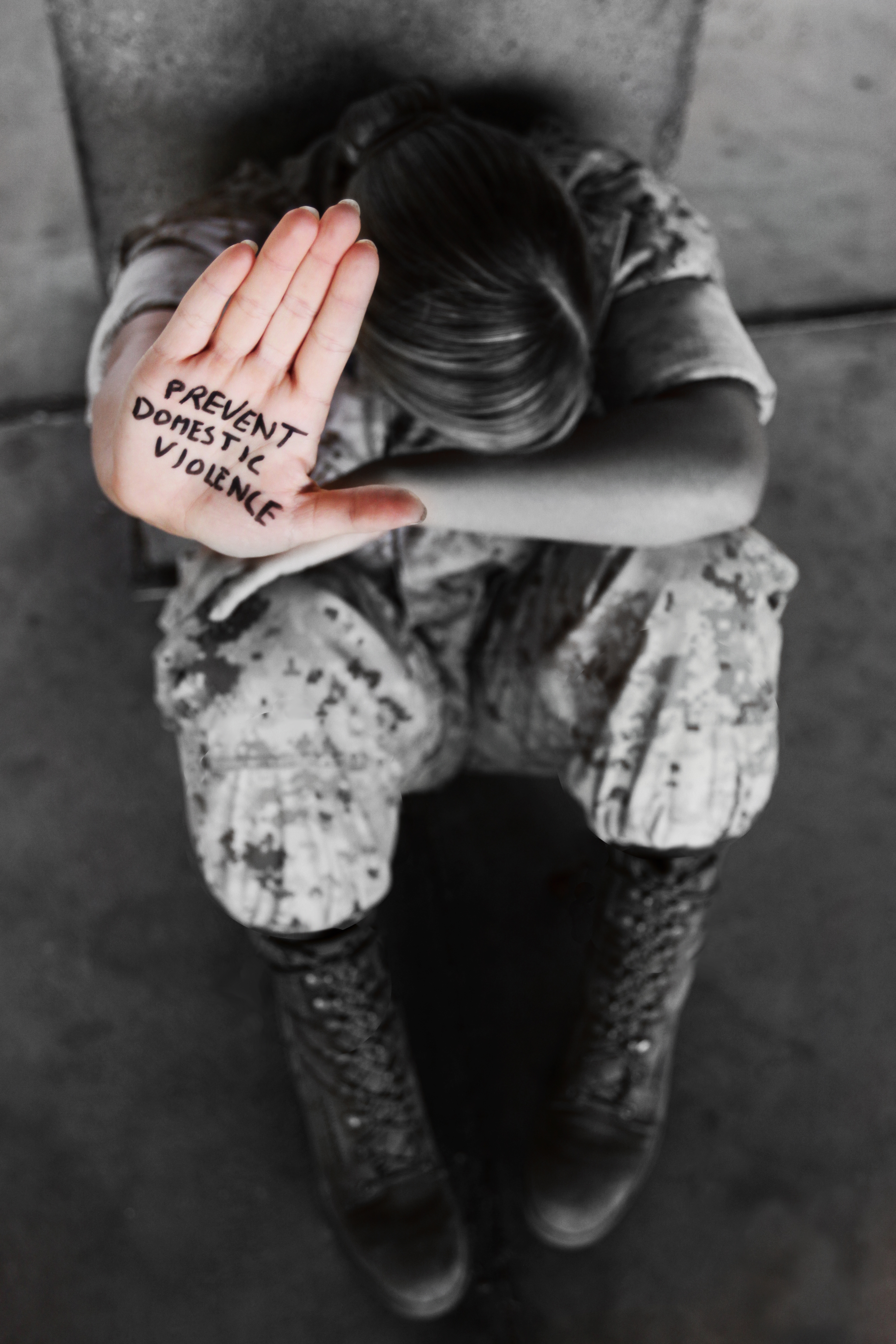
Online resources have been an avenue in providing an education outside of a traditional classroom. Women, previously hindered and halted in completing a college degree, now have the opportunity to enroll and graduate from online universities. Online education contributes to the empowerment of people with disabilities and social disorders. People with disabilities can find relief from an unaccommodating and inaccessible university through online classes. Women living with anxiety or sleep disorders can obtain educations without worrying about attendance or overwhelming social environments.
Finally, universal access to online communities is perhaps the most significant contribution to empowerment across genders, races, cultures, abilities, and sexualities. In societies that often silences minority voices, the ability to share your voice and connect with like-minded individuals is invaluable for both community and individual well-being. For example, the platform of Twitter has been a vital resource to the black community. According to the Pew Research Center, 40% of young African Americans online are on Twitter — more than 12% higher than the rate reported by young white Internet users. Jenna Worthan of Smithsonian Magazine writes an illuminating article on the relevance of Black twitter, saying in part that “black Twitter—and the Black Lives Matter activists who famously harnessed it—have created a truly grassroots campaign for social change unlike anything in history.” Beyond the activism aspect, a subject I wrote about in an earlier blog post, the beauty of Black Twitter is the visible, dynamic communal dialogue that allows white Americans a insight into the humanity and brilliance of a minority population.
The LGBTQ+ community also offers a vibrant insight into their culture through their online presence, while also extending support to people who are exploring their identities. Media platforms such as Tumblr gave rise to a vigorous culture of support for disabled people, giving hope and survival tips to afflicted individuals. Searching for the terms “disabled,” “chronic illness,” or “spoonie” (referring to spoon theory, which refers to a disability metaphor of how energy is dispensed through the day for chronically ill people) results in a plethora of supportive and potentially life-changing results. Increased visibility for these marginalized communities improves both how society perceives the group overall and each individual members’ well-being.

I am personally familiar with how valuable the Internet can be in advocating for and understanding human rights. Growing up in Alabama, where Southern culture can be particularly toxic to young girls, it was on social media sites that I was exposed to new viewpoints and gained access to social justice-related literature. I followed accounts and blogs run by marginalized members of society that I never had met in my predominantly white, able-bodied, middle-class hometown. I was able to discover my own identity and find how I fit in within these communities. Without access to the online communities where marginalized people freely and comfortably discussed their issues, I might be the same socially ignorant person that I was before I found online educational resources. I am certain that having access to the voices of people of color, LGBTQ individuals, persons with disabilities, and other groups has made me the person I am today: a passionate activist for all marginalized communities, whether I am a part of them or not.

